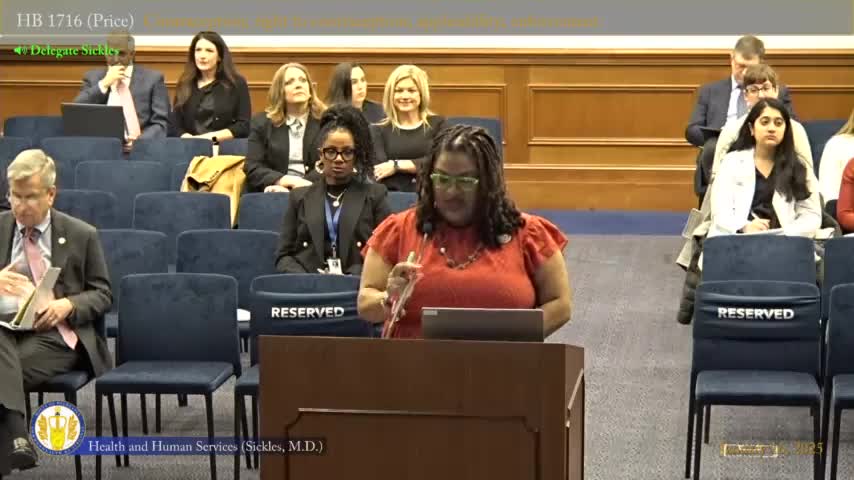Article not found
This article is no longer available. But don't worry—we've gathered other articles that discuss the same topic.
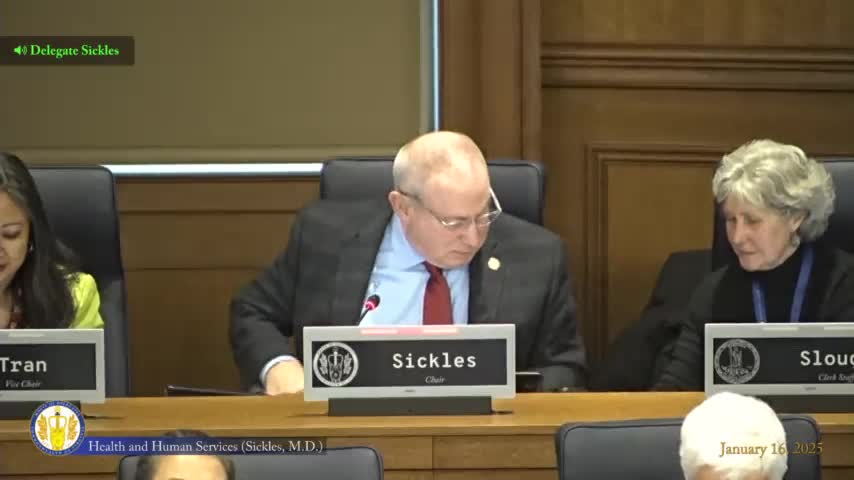
Committee refers HB 1629 and HB 2088 to Courts Committee
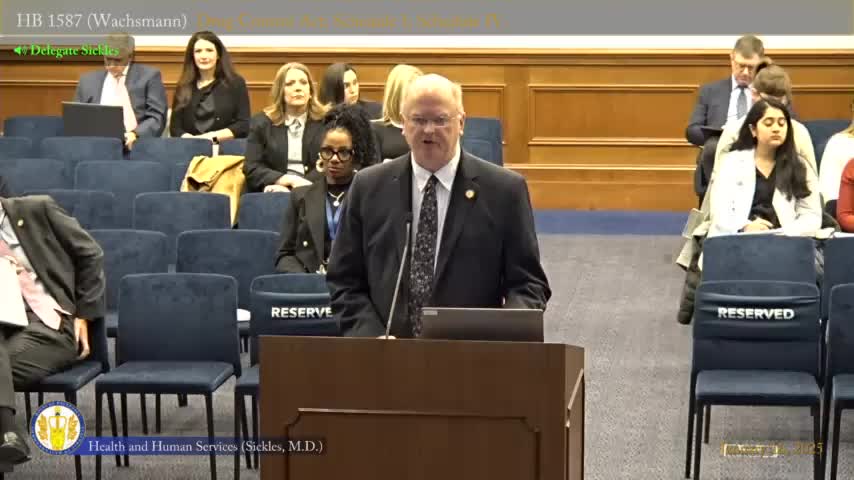
Committee adopts annual bill to align state drug schedules with federal classifications, passes 22-0
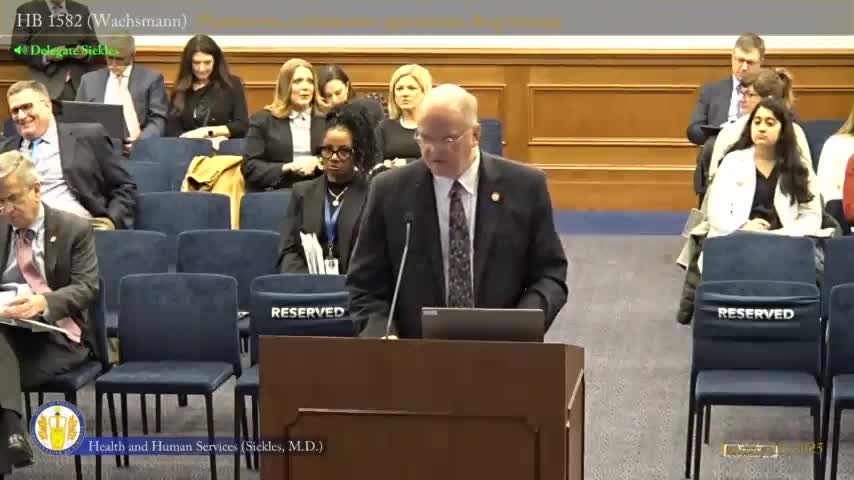
Committee amends HB 1582 to clarify pharmacist prescribing under collaborative practice agreements, then refers bill to courts
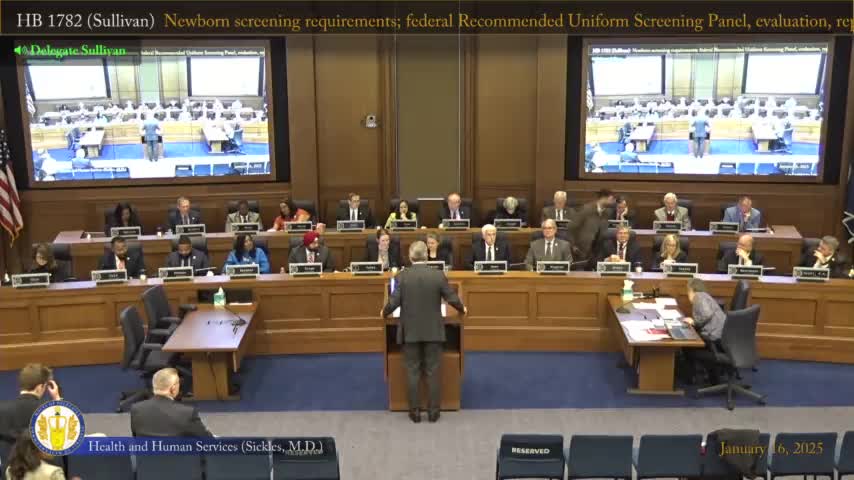
Committee votes unanimously to refer newborn screening bill to appropriations after advocates highlight rare-disease cases
